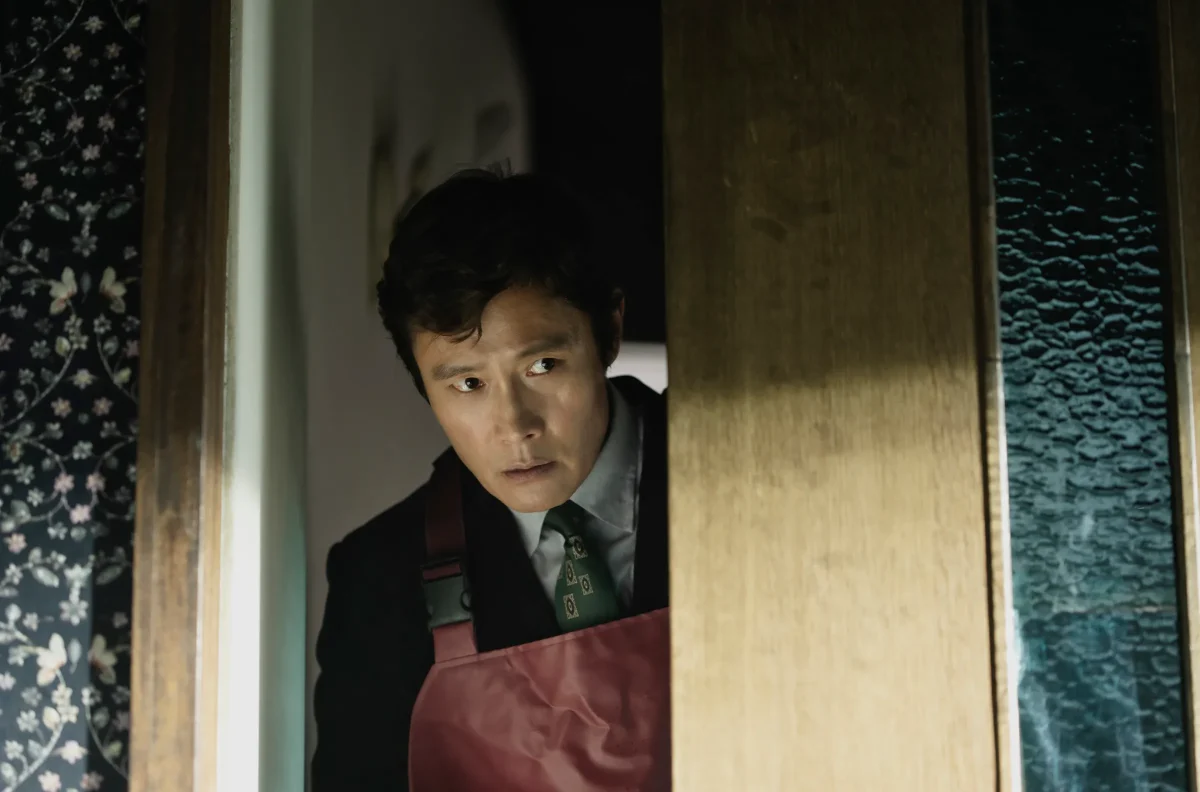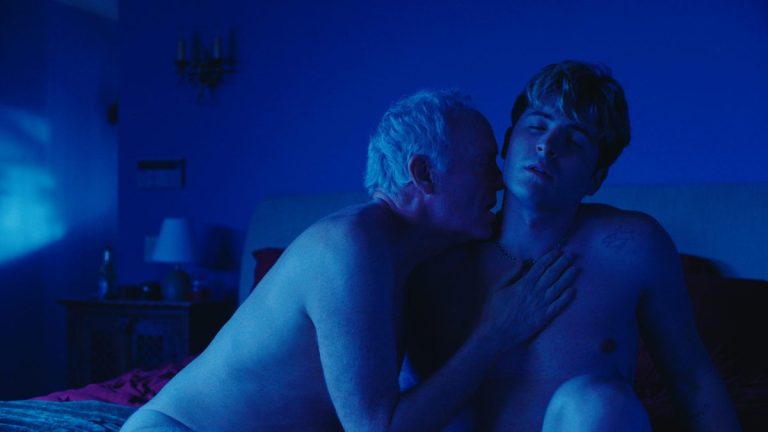Like most filmmakers, the major faces of South Korea’s current cultural crossover didn’t prep themselves for the job force in the realm of cinema. Like most filmmakers, a glance at the fields these directors initially posited as their careers gives an intriguing glimpse into the greater themes of the films they’d eventually forsake those paths to gift upon the world; Bong Joon-ho studied sociology, Kim Jee-woon looked to theater, and Lee Chang-dong began his studies in literature.
Park Chan-wook, meanwhile, set his university-level sights towards philosophy, a fact that proves more and more apparent as one dives into the deliriously contemplative and raucous statements he’s made in his great quest to ask that one question that’s stumped philosophers from the very beginning: “Why?” “No Other Choice” (2025, Original title: Eojjeolsuga eobsda) Park’s latest and perhaps most dizzyingly funny affair, may not initially strike one as so deeply concerned with our reason for being, but it doesn’t take long for every action of the film’s desperate lead to leave us in a constant daze asking our own competing question: “Why not?”
The man inspiring such questions? You Man-su (Lee Byung-hun), a successful paper factory manager whose wealth is only matched by the pride he takes in the status it affords him. The head of a loving (if spoiled) family, Man-su’s entire ecosystem is thrown into complete disarray like one of his bonsai trees left to neglect when an American corporate takeover sends him to the door with his belongings packed in a box.
Too proud to demean himself towards any field that may find more demand than the paper industry in the 2020s, Man-su’s determination to avoid any further humiliation in his family’s cost-cutting leads him to a solution whose creativity would inspire any prospective employer seeking a true go-getter: in a narrow field of competition for whatever scraps of employment remain in his industry, why not simply kill off the competitors?

Explore More: Every Park Chan-wook Film Ranked
And so begins what may be Park’s funniest feature to date—one whose nonstop thirst for physically disturbing answers to financially disturbing problems echoes the current landscape of desperation and shamelessness that has stained the prospect of a sustainable career for so many. At any moment, even the most promising, stable job can drop like a guillotine over your neck, and “No Other Choice” makes that parallel as literal as possible.
Lee’s central turn as Man-su is what enables the film to maintain its draw towards a character who’d rather kill than debase himself by lifting boxes—though he’s more than happy to lament his competition’s refusal to do so. Anchoring “No Other Choice” with his typical leading man disposition, Lee equally channels a contradictory bumbling physical presence that verges on Patrick Bateman possessed by an SNL-era Chevy Chase. In a role whose clumsy falsity of confidence one would typically imagine for the likes of Song Kang-ho, Lee soars with an unexpected and welcome commitment to the bit.
Amid his subject’s Wile E. Coyote antics, Park exercises his typical formal precision to execute (pun very much intended) a perfect contrast between his focus of form and the complete lack thereof in the man’s platforming on the screen. Fans of the director’s famously gonzo scene transitions will have a field day with “No Other Choice,” as will those who relish in the suffocation of his vast production design sterilized by the tastelessness of high-culture posturing.
As Park Chan-wook peppers us with his latest series of philosophical Whys and Why nots—Why turn to a life of “Tom and Jerry” crime? Why not find a more feasible position? Why put your family in this position? Why not laugh at the entire bloody affair?—“No Other Choice” reaches the same conclusion that approaches all befuddled philosophers when the time comes to pack it all in: in the end, it’s all the same as long as the world keeps moving on its current cost-cutting capitalist course. Park’s realization of this truth, then, comes with a devious wink and smile as we’re left to reckon with whatever’s left of humanity—and whatever’s left of our spleens once the laughing has finally subsided.



![Wait Until Dark [1967]: 50 Years Later, Still As Effective](https://79468c92.delivery.rocketcdn.me/wp-content/uploads/2017/10/HIGH_ON_FILM_WAIT_UNTIL_DARK-1-768x435.png)
![Atlantics [2019] Netflix Review: A Glimpse into the Other Realm](https://79468c92.delivery.rocketcdn.me/wp-content/uploads/2019/12/atlantics-768x432.jpg)

![Svaha: The Sixth Finger Netflix [2019] Review – A muddled Horror film criticising Religious Groups](https://79468c92.delivery.rocketcdn.me/wp-content/uploads/2019/05/Svaha-The-Sixth-Finger-2019-768x432.jpg)
![The Whale [2022] Review – A stagey but intimate character-drama that carefully treads the fine line between honesty and cynicism](https://79468c92.delivery.rocketcdn.me/wp-content/uploads/2022/12/The-Whale-768x432.jpg)
